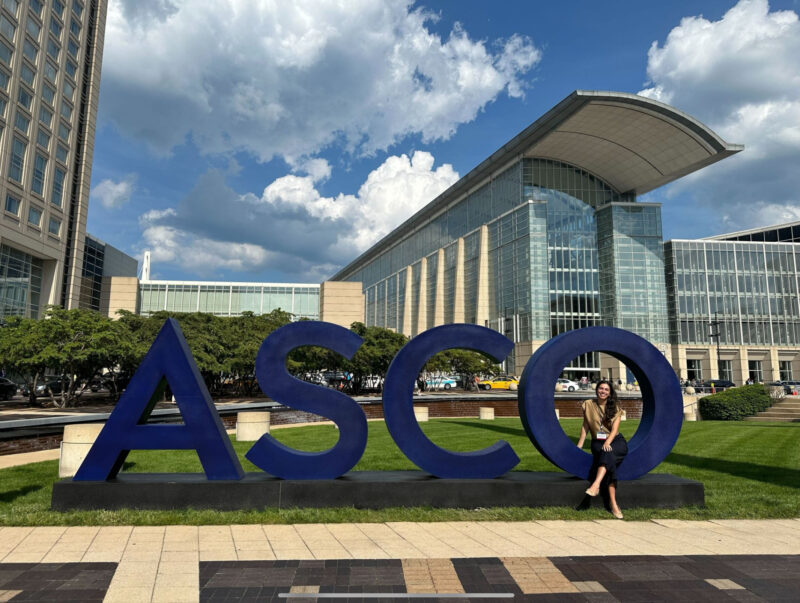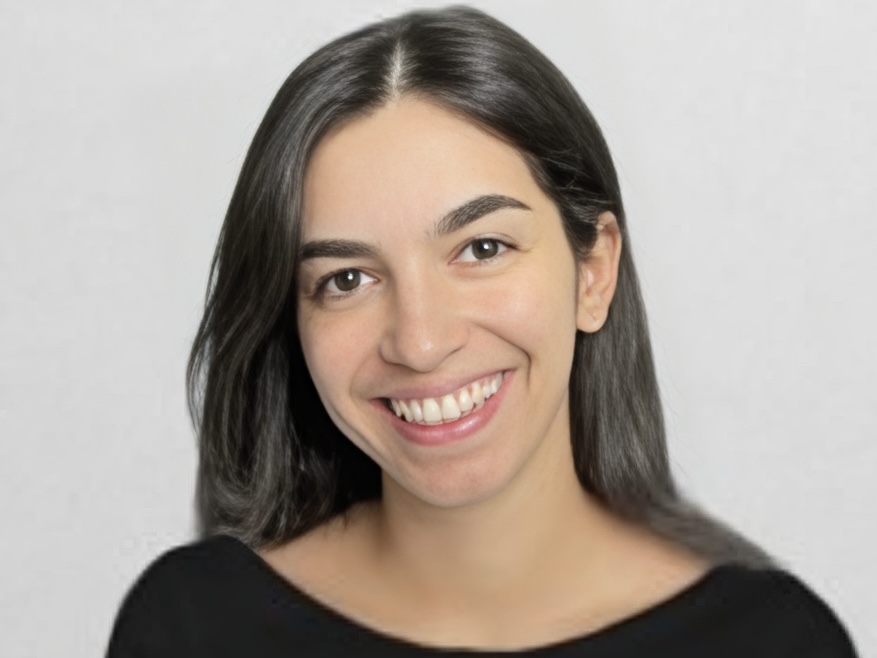Gabriela Burgos, Associate Research Director- Evidence Generation Lead, RWE at Oracle shared a post on LinkedIn:
“Absolutely invigorated by American Society of Clinical Oncology (ASCO) 2024! Lots of information was shared and insightful client meetings were held.
Here are some key takeaways from my time there:
𝐌𝐚𝐣𝐨𝐫 𝐃𝐞𝐯𝐞𝐥𝐨𝐩𝐦𝐞𝐧𝐭𝐬:
• Phase 2/3 Research: Significant progress in various tumors particularly lung and breast cancer, with biomarker-driven therapies leading the way.
• Cancer Vaccines: Promising future, especially when combined with immunotherapy (IO). Exciting examples include mRNA vaccine with Pembrolizumab for melanoma and neoantigen vaccine with IO for Lynch Syndrome.
𝐀𝐈 𝐢𝐧 𝐎𝐧𝐜𝐨𝐥𝐨𝐠𝐲:
• AI’s presence is stronger than ever, with applications ranging from identifying patients in Electronic Medical Records (EMRs) and providing medical recommendations to assisting with note writing and administrative tasks. A standout example is MyEleanor, an AI-based virtual patient navigator, which increased patient’s adherence to colorectal screenings in the Bronx, New York. While AI is transformative, continuous quality checks of both inputs and outputs remain crucial.
𝑊ℎ𝑖𝑙𝑒 𝑡ℎ𝑒 𝑙𝑎𝑡𝑒𝑠𝑡 𝑎𝑛𝑑 𝑔𝑟𝑒𝑎𝑡𝑒𝑠𝑡 𝑑𝑒𝑣𝑒𝑙𝑜𝑝𝑚𝑒𝑛𝑡𝑠, 𝑡𝑒𝑐ℎ, 𝑎𝑛𝑑 𝑑𝑎𝑡𝑎 𝑤𝑎𝑠 𝑎 ℎ𝑖𝑔ℎ𝑙𝑖𝑔ℎ𝑡 𝑜𝑓 𝐴𝑆𝐶𝑂, 𝒕𝒉𝒆 𝒑𝒂𝒕𝒊𝒆𝒏𝒕’𝒔 𝒗𝒐𝒊𝒄𝒆 𝑤𝑎𝑠 𝑛𝑒𝑒𝑑𝑒𝑑 𝑎𝑛𝑑 𝑜𝑓 𝑖𝑛𝑡𝑒𝑟𝑒𝑠𝑡 𝑡𝑜 𝑎𝑡𝑡𝑒𝑛𝑑𝑒𝑒𝑠.
𝟏𝐋 𝐓𝐫𝐞𝐚𝐭𝐦𝐞𝐧𝐭 𝐏𝐫𝐞𝐟𝐞𝐫𝐞𝐧𝐜𝐞𝐬 𝐢𝐧 𝐀𝐝𝐯𝐚𝐧𝐜𝐞𝐝 𝐌𝐞𝐥𝐚𝐧𝐨𝐦𝐚:
• In collaboration with Bristol Myers Squibb, our study on 1L treatment preferences in advanced melanoma garnered significant interest. Attendees wanted to know the preferences of patients with advanced melanoma and treating oncologists in the current treatment guidelines landscape. Using a discrete choice experiment, findings showed that both patients and oncologists prioritize effective IO regimens while ensuring favorable risk-benefit profiles.
𝐂𝐚𝐧𝐜𝐞𝐫 𝐒𝐮𝐫𝐯𝐢𝐯𝐨𝐫𝐬𝐡𝐢𝐩:
• I attended a community in practice meeting on cancer survivorship. While the panel topic was developing survivorship programs in institutions, the Q&A discussion was enriched by diverse perspectives from oncologists, program directors, cancer survivors, researchers, and patient advocates. The main points that stood out were that survivorship care needs to align with cancer survivors needs and expectations. As we see in our research at Oracle Life Sciences, the patient experience and voice is crucial in survivorship care. Also, survivorship care is in the spotlight, not only on a government and institution scale, but also in research. Given the new treatments available such as IO, there is a gap in understanding cancer survivors outcomes longitudinally.
Feeling inspired by the innovations and the commitment to enhancing patient care. Looking forward to the future of oncology!”

Source: Gabriela Burgos/LinkedIn


